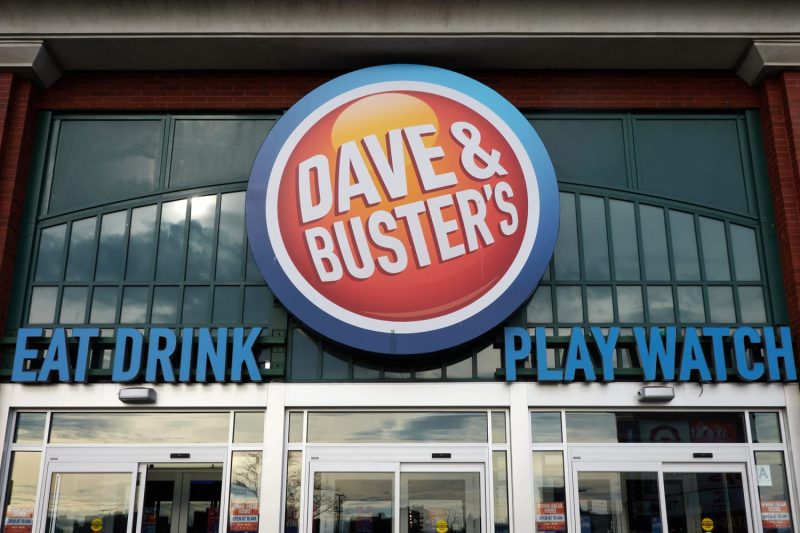From the bustling sounds of arcade games to the roar of crowd-filled sports bars, Dave & Buster’s is an entertainment hub that has become a staple for game lovers across the United States. However, a new adventure embarked by this entertainment conglomerate, to allow betting on arcade games, has drawn a considerable amount of scrutiny from the public and regulator authorities.
Dave & Buster’s, initially famous for its entertainment-centric experience that beautifully blends food, drinks, and games under one colossal roof, recently announced their venture into betting on arcade games. The move emanates from the company’s quest to stay exceptional, thrill-inducing and lucrative, however, it’s not without controversies.
The main nucleus of this scrutiny roots from the potential risk and implications, including gambling addiction concerns. Critics argue that combining betting with a playful atmosphere abundant with arcade games – typically associated with harmless recreation and family fun – potentially tempts patrons into excessive betting, transforming a hitherto lighthearted leisure activity into a gateway to gambling addiction.
Moreover, the arcade betting plan also faces judicial scrutiny, as it plays on the thin borderline of gambling laws. Countries, states, and local jurisdictions maintain varying legal stances on gambling. While some may fully permit such schemes, others impose stringent controls or outright bans. Navigating through these myriad legislative waters may prove a significant challenge for Dave & Buster’s.
Though betting has often been integrated with traditional sports, incorporating it into arcade games is a nuanced concept. Authorities and the public express concerns about ensuring fair play. Arcade games are diverse, with different rules, play styles, setups, and skill requirements. Determining legitimate wins, keeping the odds fair, maintaining transparency, and preventing any manipulation could prove to be an operational challenge.
Industry critics have also expressed fears over the vulnerability of minors to such initiatives. Remember, Dave & Buster’s is typically a family-friendly environment, with arcade games targeting a wide age range, including kids and teenagers. By introducing betting, Dave & Buster’s could inadvertently expose this young demographic to gambling experiences prematurely, leading to ethical dilemmas and potential legal ramifications.
Stakeholders from various sectors, like health care professionals, psychosocial experts, and legal critics, have voiced their views, and there is a growing consensus that more conscientious scrutiny needs to be applied to Dave & Buster’s betting on arcade games plan. Enforced measures could include rigorous age verification, spending limitations, and clarity on odds and payouts.
Undeniably, Dave & Buster’s new venture highlights an innovative venture towards diversifying their services and creating unique experiences for patrons. However, as with all disruptive endeavors, its success would highly depend on how the company addresses potential risk factors, adheres to regulations, and prioritizes ethical considerations.
While fuelling the thrill of the game, balancing fun and responsibility should remain the cornerstone of Dave & Buster’s. All eyes are on how they will maneuver ahead, potentially setting a precedent in the arcade entertainment industry for other companies to either follow or avoid.




